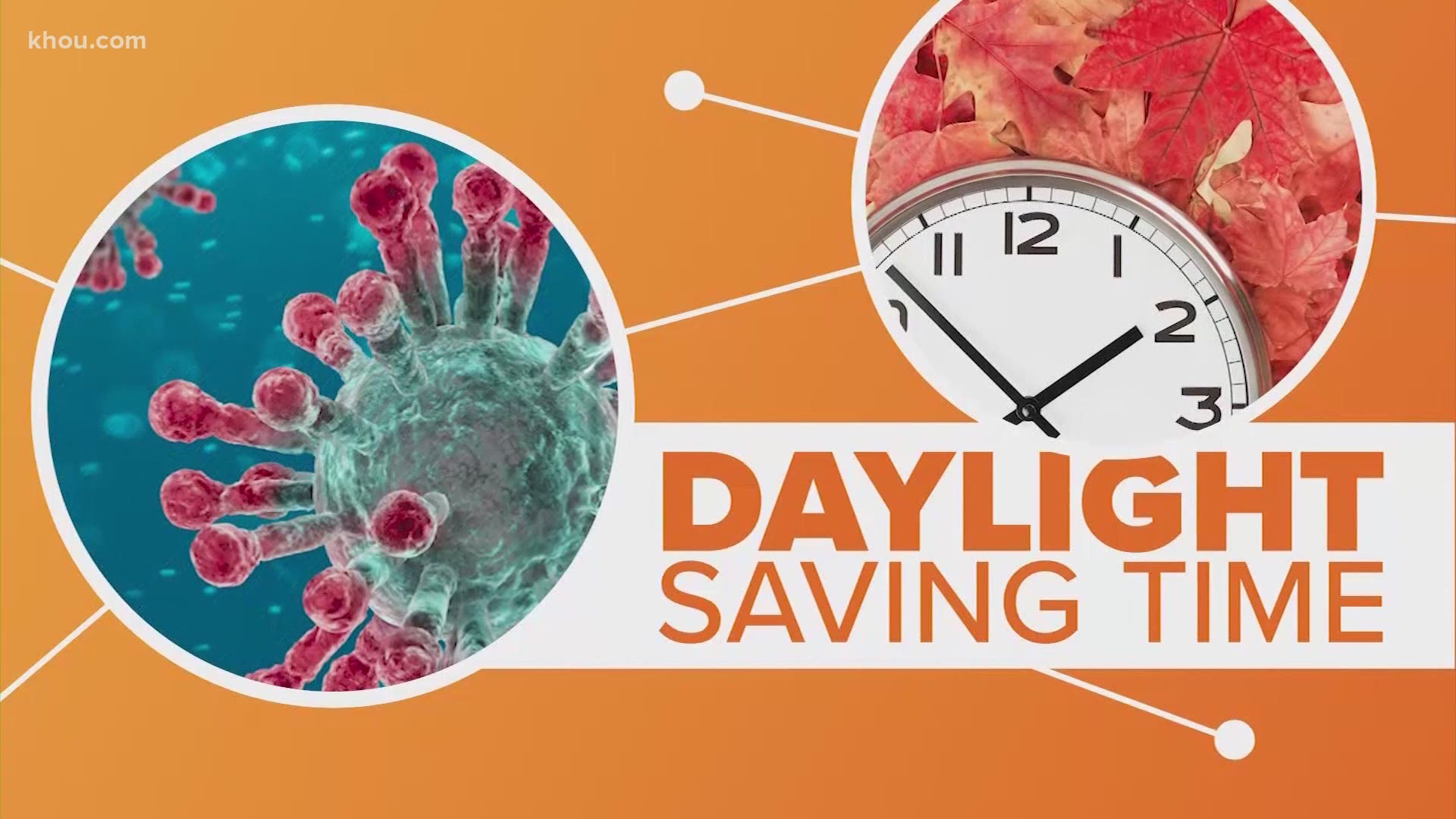The push to end daylight saving time grows stronger as the days get shorter, but how does coronavirus now affect our clocks?
Let's connect the dots!
The idea of daylight saving has been around since the 1800s. Set the clocks forward in the summer so evenings last longer and then set them back in the fall to see daylight earlier in the morning.
While all of us face plenty of change due to coronavirus, some lawmakers say we should stay on daylight saving time – at least, through November 2021.
Florida Sen. Marco Rubio argues, "more daylight in the after-school hours is critical to helping families and children."
Nixing the time change would help provide stability for families who are already balancing changes like virtual learning, working from home and other coronavirus-related disruptions.
The push to end daylight saving time is not new.
Missouri, Illinois and 30 other states have introduced bills to end it.
Studies show the time change puts us at a greater risk for heart attacks, strokes, car crashes and workplace accidents.
While we see this debate pop up on our social media feeds every year, the pandemic could be the key to "locking the clock" – at least, temporarily.
MORE CONNECT THE DOTS

